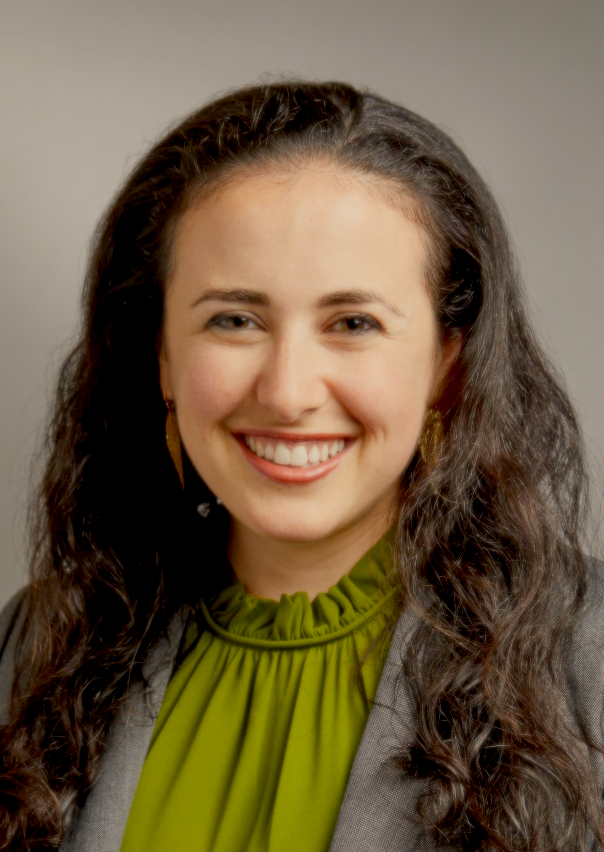Fight Back Against Stripping of Language Protections for Patients

Julia Rosenberg, MD, MHS, FAAP
July 22, 2020
Shukran. Datamana. Gracias. Merci.
I’ve learned to say “thank you” in many of the languages my patients speak (Arabic, Pashto, Spanish, French and others) and can communicate with a game of peek-a-boo or a smile and a nod with children and their parents. Yet these sparse words and gestures do little to bridge the communication barriers we face as physicians when we encounter the 25 million people in the U.S. with limited English proficiency.
Thankfully, I often work in the refugee clinic in New Haven, Connecticut, alongside trained Certified Medical Interpreters and, with their expertise, we are able to reduce the likelihood of missing a crucial piece of history from a family member. Together, we also ensure that families receive clear anticipatory guidance and instructions.
Interpreters are just one of many important protections that allow our patients and families with limited English proficiency to receive care that is close to equitable with their English-fluent peers. Written documentation and prescriptions must also be translated, and hospitals and offices provide general information to patients and their families in a host of languages.
Unfortunately, on June 12, the Office of Civil Rights of the Department of Health and Human Services issued a final ruling that erodes vital protections under the Affordable Care Act. Limitations on language access are just some of the litany of changes that went into effect; protections for gender identity, race, sex, age, and national origin also were compromised.
The ruling, which concerns the nondiscrimination provision of the Affordable Care Act known as Section 1557, reverses many language protections once thought essential to minimize discrimination. Now, video interpretation standards are lowered and replaced with audio-only standards, requirements to post language-specific non-discrimination notices are loosened, and it is harder to hold organizations accountable if language or other rights are not upheld.
“We can fight discrimination and continue to use our voices as pediatricians, in as many languages as we can, to break down barriers to health care for our patients and families.”
We already know the devastating effect that this could have. There are far too many examples of deadly, costly errors as a result of poor or inadequate interpretation — including a case when the Spanish word “intoxicado” was incorrectly interpreted as “intoxicated” rather than “nauseated,” resulting in a missed cerebral aneurysm, permanent paralysis and a $71 million lawsuit. Such a misinterpretation is terrifying and costly.
But really, any lack of access to interpretation amounts to discrimination, pure and simple.
During the COVID-19 pandemic and public health crisis, we are already seeing challenges with access to interpreters, and I fear that we now have limited avenues to improve these disparities. As our telehealth capabilities accelerated, interpreter technology has lagged.
The result? Patients and families with limited English proficiency are not receiving accurate and/or timely information. This only adds to known disparities in care for those with limited English skills, and the tenuous trust in healthcare providers may be irreparably damaged.
The setbacks from this final ruling on section 1557 are heartbreaking and frustrating, and we are in a time of uncertainty.
We should think about rules such as this when we vote and continue to speak out against such rules when we can.
The American Academy of Family Physicians, American Academy of Pediatrics, American College of Obstetricians and Gynecologists, American College of Physicians, American Osteopathic Association and American Psychiatric Association have condemned the ruling, stating: “Our organizations, which represent nearly 600,000 physicians and medical students, oppose efforts by the Administration to weaken critical protections for any of our patients, including those who are transgender, those with limited English proficiency, those with disabilities, and those who are seeking access to reproductive health care.”
We can fight discrimination and continue to use our voices as pediatricians, in as many languages as we can, to break down barriers to health care for our patients and families.
*The views expressed in this article are those of the author, and not necessarily those of the American Academy of Pediatrics.
About the Author
Julia Rosenberg, MD, MHS, FAAP
Julia Rosenberg, MD, MHS, FAAP, is a pediatrician in New Haven, Connecticut.